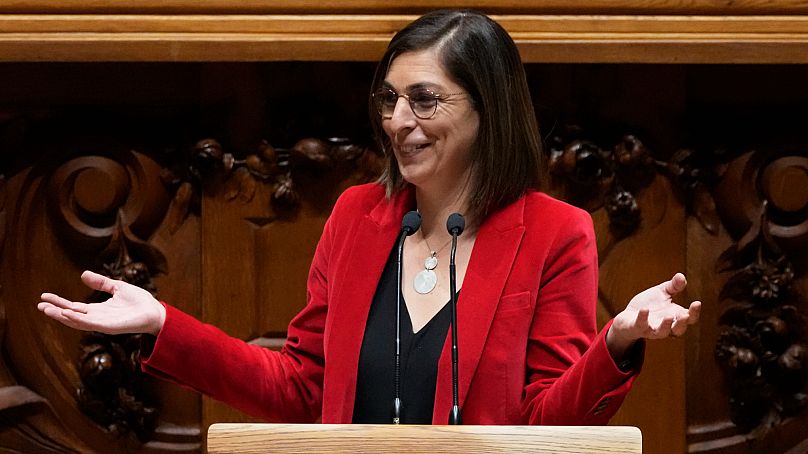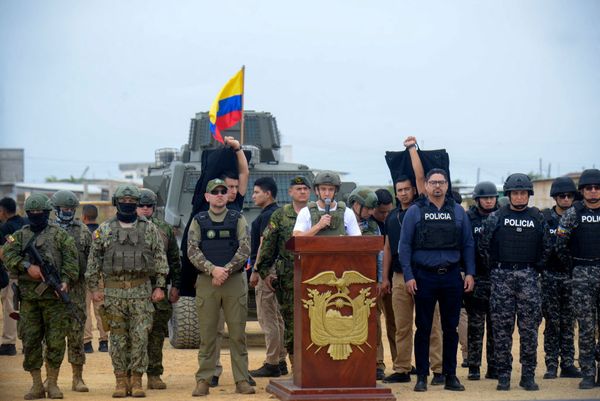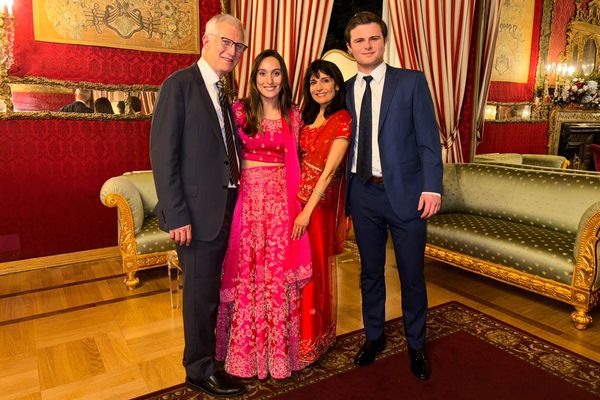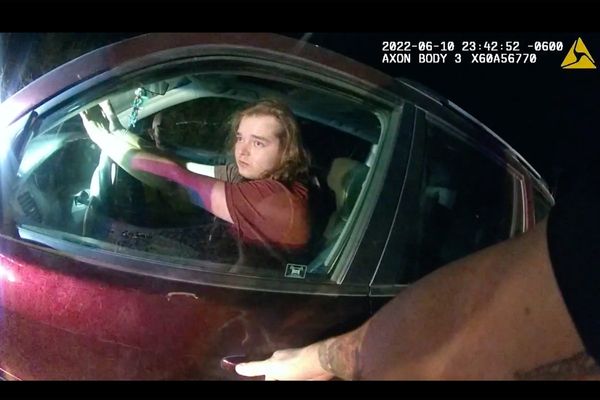A social media video allegedly showing the rape of a 16-year-old girl has shocked Portugal, leading one of the country's MEPs to call on the EU to do more to prevent the dissemination of harmful online material.
Footage of the alleged crime, which took place in February in Lisbon's Loures district, has been viewed 32,000 times on social media.
None of these viewers are thought to have referred the matter to the police, who were informed about the incident by the hospital where the victim went for treatment.
Three suspects, aged between 17 and 19, were arrested but were later released by a court, subject to periodic appearances before the authorities. They were also banned from contacting the victim.
On Tuesday, the Socialist MEP Ana Catarina Mendes told the European Commission about the "disturbing events" shown in the video.
The politician also mentioned alleged cases of upskirting at the University of Porto (FEUP), photographs of which are said to have been shared in a WhatsApp group.
"These horrific acts violate not only fundamental rights, but also raise serious questions about online safety and the protection of people, especially women, in the digital space," she said in a letter signed by the Portuguese Socialist delegation and sent on Tuesday to the EU executive.
In the context of a new law on digital services, which regulates large online platforms, the Portuguese MEP asked what steps the EU was taking to "ensure that social media platforms quickly remove harmful content" and "prevent the dissemination of non-consensual material".
Calls for stricter laws
The politician's comments came shortly after hundreds of people demonstrated in Lisbon for tougher laws to be introduced.

A crowd gathered in front of the country's parliament on Saturday, carrying placards with messages such as "rape is not filmed, it is condemned".
Speaking about the three suspects, one of the event's organisers told Euronews that "it would have been at least fair if their accounts had been suspended while the investigation is ongoing".
Representatives of some of the political parties at the demonstration argued that rape should be a public offence and that social media platforms should be held responsible for the sharing of such content.
"Male chauvinism exists, the problem is that male chauvinists are being turned into internet prophets and contaminating an entire generation," said Left Bloc coordinator Mariana Mortágua.
"We need rules for social networks and we have to hold the platforms responsible for what is happening," Mortágua added.
For her part, Livre MP Isabel Mendes Lopes pointed out that gender inequality "is structural," but "the networks have intensified narratives that have to be combated."
Mendes Lopes noted that "families are often not even aware of the violence" to which their sons and daughters are exposed.
Meanwhile, Inês Sousa Real, the PAN party's sole member of parliament, called for the strengthening of mechanisms for reporting crimes and protecting victims, and the introduction of self-defence education in schools.
Supporting victims of sexual violence
After seeing an intimate video of herself widely publicised on the social network Telegram, Inês Marinho decided to create the 'Don't Share' movement which, in 2021, became an association to support victims of image-based sexual violence.
"I think that with all these groups sharing intimate content, with all these people speaking openly and violently against women, this crime is already trivialised and normalised and people are desensitised," the 27-year-old told Euronews.
Marinho expressed her belief that "aggressors feel unpunished, especially when it comes to online crimes", since they are protected behind a screen.
At the end of last year, the Portuguese magazine NiT exposed a Portuguese Telegram channel where 70,000 men were sharing and viewing intimate images of women without their consent.







